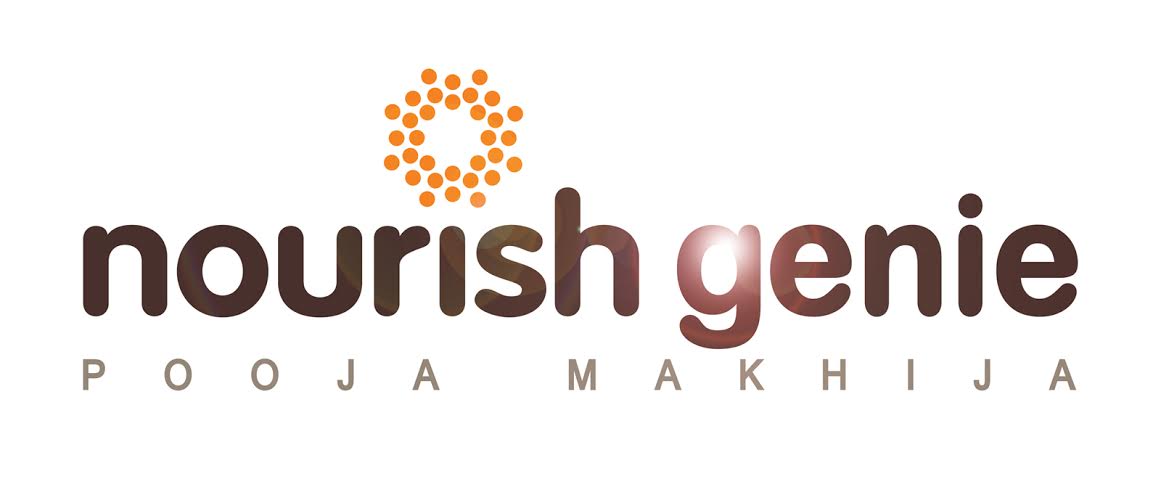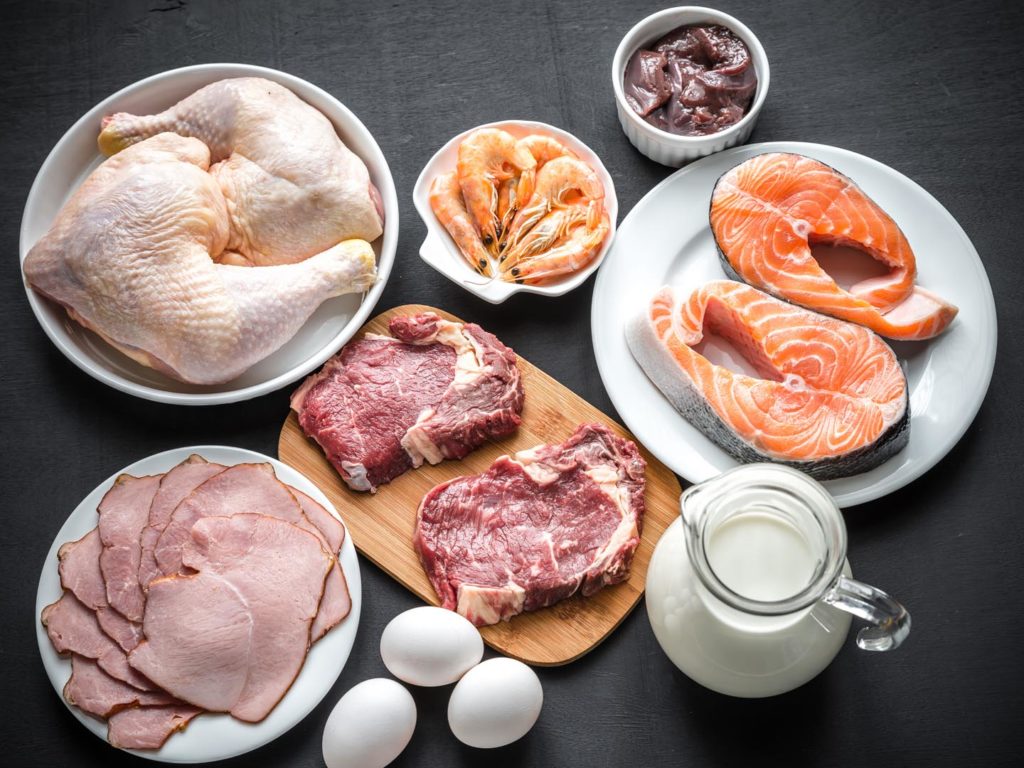Dear Pooja,
I am 29-year-old unmarried woman and planning to go for a trek to Manali after two months. Since trekking requires one to have good stamina, I would like to know the right diet that will help me increase my stamina levels. Currently, I feel tired when I run or brisk walk even for a short while. Please let me know which foods I should eat. Thank you.
Lets thank the Manali trip that triggered you to wake up and address the signs your body is giving you. In this roll-a-coaster life where we are so tuned to listening to every beep of our mobile distinguishing the sounds easily between an email, sms or or a what’s app – but the signs our body gives us so easily goes unnoticed. Weakness, breathlessness, poor stamina amongst others are all signals of under-nutrition, vitamins, minerals and/or amino acid deficiencies. Firstly I’d suggest you check your hemoglobin and serum B12 levels and have these deficiencies corrected as low levels of these are directly related to the signs you have mentioned above. Gaining long lasting stamina may take a little more love care and attention in your day-to-day diet and exercise regime over a long-term basis but you should see some definitive improvement within two months as well.
A visit to a nutritionist can teach you what your daily requirement for proteins and carbohydrates is and how to divide this effectively into several small meals to fuel your systems adequately. Keep the focus on good quality and quantity of proteins daily along with a good tilt toward fresh fruits and vegetables. Avoiding excess sugar and fat always goes a long way in terms of a fit and healthy mind and body. As I always suggest eating small meals every two hours not only improves metabolism and aids weight loss, it also makes sure that the body gets a steady supply to energy without any peaks or troughs in the blood sugar levels – this is one main essential for sustain Duracell stamina levels. Sorry I was unable to give you exact foods and quantities cause that requires me to know many details about you to help you in complete totality. All the best, hope you enjoy your trekking trip with great vigour and strength.
Dear Pooja,
I have been an egg lover for years but now that I have reached almost 35, people say i must not have so many eggs in one day. I am not fat, just a little overweight but I end up eating too many eggs in a day. (around three at least) People have asked me to stop eating yolks but that is the tastiest part of the egg, so i cannot! I walk three to four times a week for around 45 minutes… and that is the only exercise i ever do. Should I stop eating eggs? Are they really bad for my age?
Please advise.Eggs and bad? Never! How can something that has so much nutrition and so little calories ever be bad for you? At only 16 calories, the egg white provides a massive 4 grams of protein and is a 100% reference protein, which means that it all has all the nine amino acids needed for full utilisation by the body. Thus I can easily say that consuming about three to four egg whites can be a safe number for most adult to have on a daily basis. Yes, depending on you lipid profile and other healthy parameters, the number of yolks you can have weekly will have to be decided. The yolk may be tasty (for some) but there is some caution needed while having this daily – therefore discuss this with your doctor or nutritionist to get the exact count.
But egg whites are the safest, healthiest and most easily accessible form of complete protein that one should try and include daily. It helps one get better muscle tone, weight loss, stronger and longer hair and nails, lesser sugar cravings, better stamina, more attention and retention powers while studying, lesser aches and pains and this list is endless. Therefore let nobody fool you into stopping the egg whites Shikha, enjoy them daily – guilt free!
Not much is known about vitamin B12. People usually aren’t aware of its vital role in keeping the human body together. B12, an integral part of the B complex group of vitamins, is responsible for many things that we take for granted it helps in the conversion of carbohydrates into glucose, pushes up our energy levels and keeps lethargy at bay. It is vital in regulating both the nervous and digestive systems, which implies that adequate quantities of this vitamin decrease stress, fight depression and keep the brain from shrinking.
B12 also helps shield you from heart disease by regulating your cholesterol levels and protecting you from high blood pressure and stroke. It is, in addition, crucial to the maintainence of your nails, skin and hair. It also keeps you looking young as it aids in skin cell renewal. Wait, it’s not over yet.
This vital vitamin has a role to play in your body’s metabolism and helps in producing the all-important red blood cells. And when it’s done with that, it moonlights as an anti-cancer superhero, fighting colon, breast, lung and prostate cancer. Phew! Like all things we take for granted, B12 is missed only when its levels drop. Many conditions affect the body’s ability to absorb this vitamin’, ranging from severe anaemia to the thinning of the stomach lining, to diseases that affect the small intestine (celiac disease and Crohn’s disease). Problems with the immune system like lupus or Grave’s disease and heavy drinking also interfere with the way B12 is absorbed by the body.
But all’s not lost. And even if it has, it can easily be regained. B12 is abundantly available in many foods like meats, eggs, milk, cheese, certain kinds of fish and liver. For those who don’t eat these, B12 supplements are widely available.
But all’s not lost. And even if it has, it can easily be regained. B12 is abundantly available in many foods like meats, eggs, milk, cheese, certain kinds of fish and liver. For those who don’t eat these, B12 supplements are widely available.
For those with severe B12 deficiency, intramuscular doses is a medically-approved way of compensating the lack of it. The best part about this vitamin though is that it is water-soluble, which means that after the necessary levels get absorbed by the body, the extra amounts are excreted naturally by your body.
But don’t self medicate. You need to check with your doctor before deciding how exactly to tackle a B12 deficiency. Sometimes it could be symptomatic of a larger problem.
If you are feeling chronically tired, get your B12 levels checked. The prescription may be as simple as eating more B12-rich foods or popping a pill.
Vitamins B12 is very important for good immunity, energy, stamina and to prevent hair-loss.



